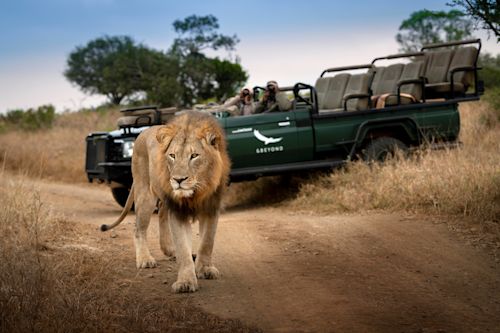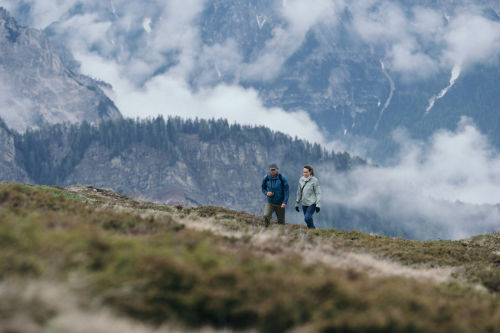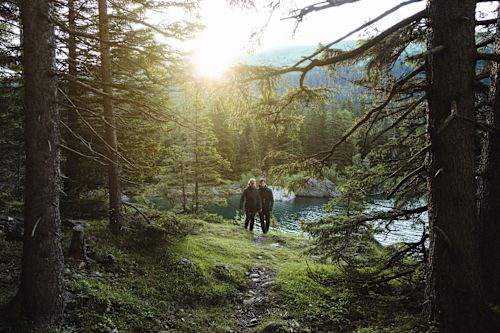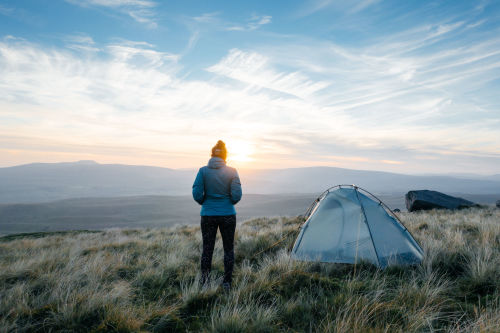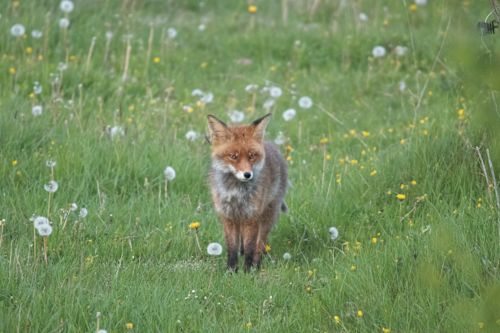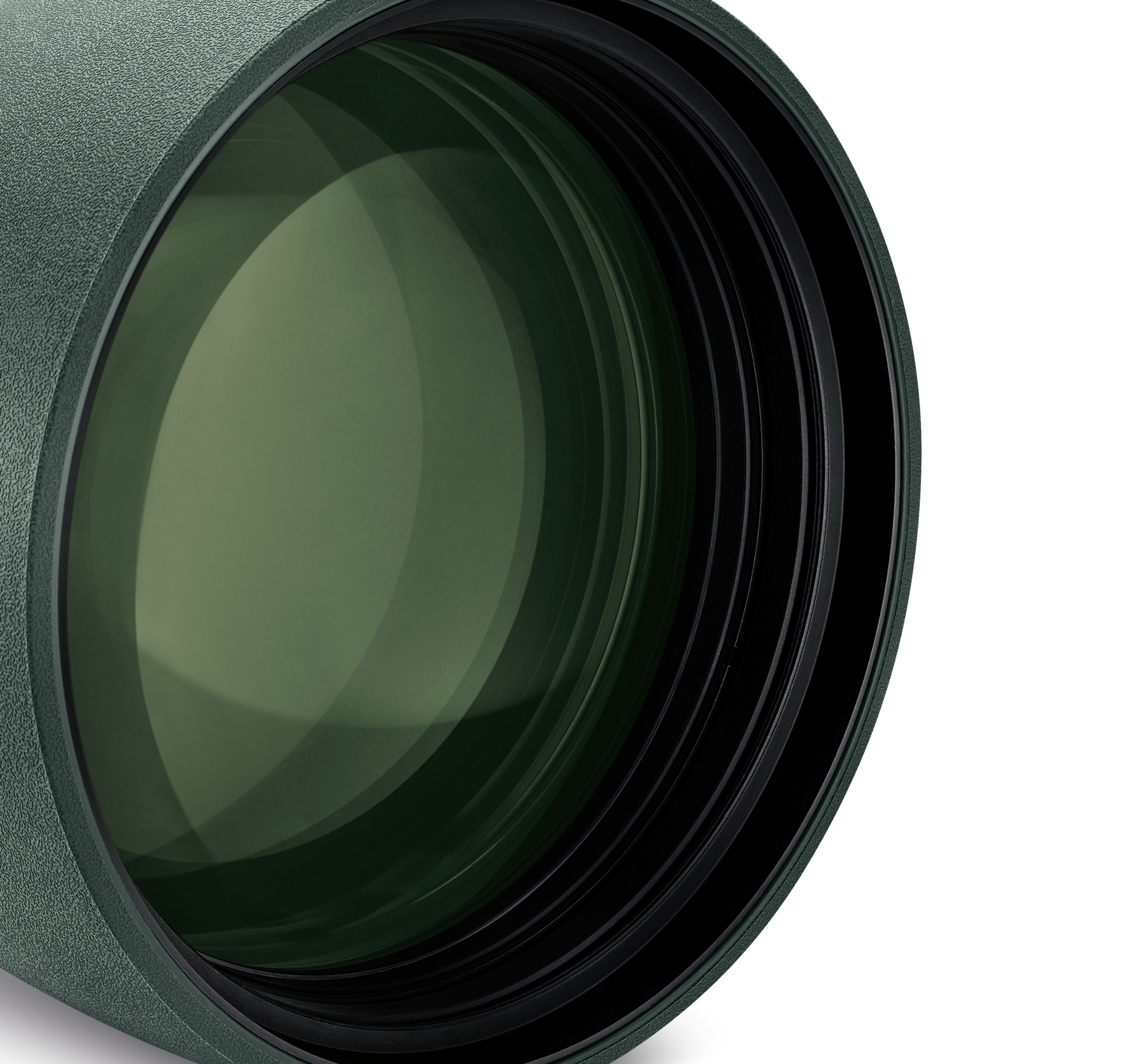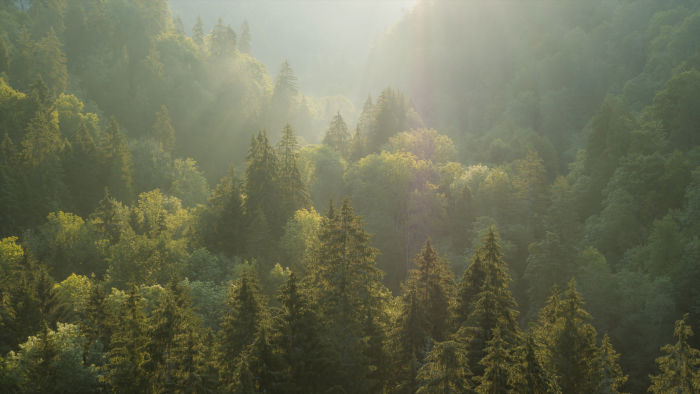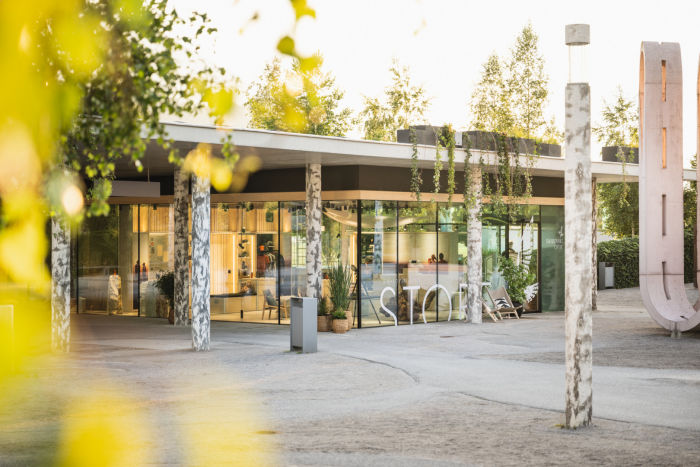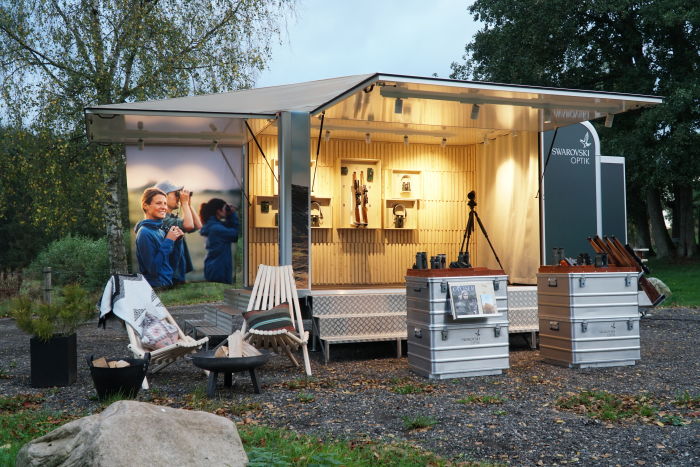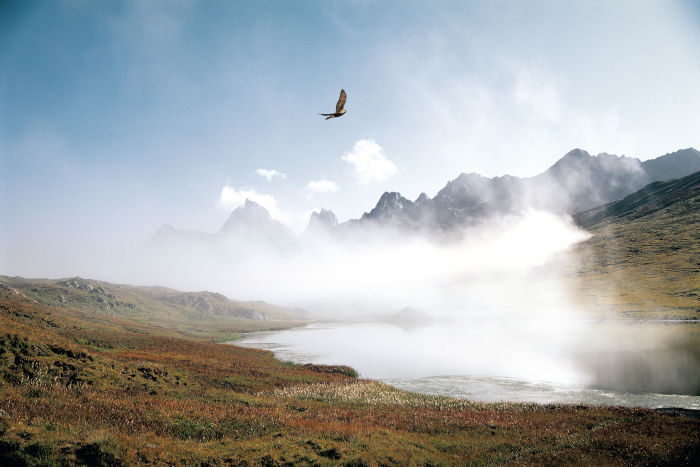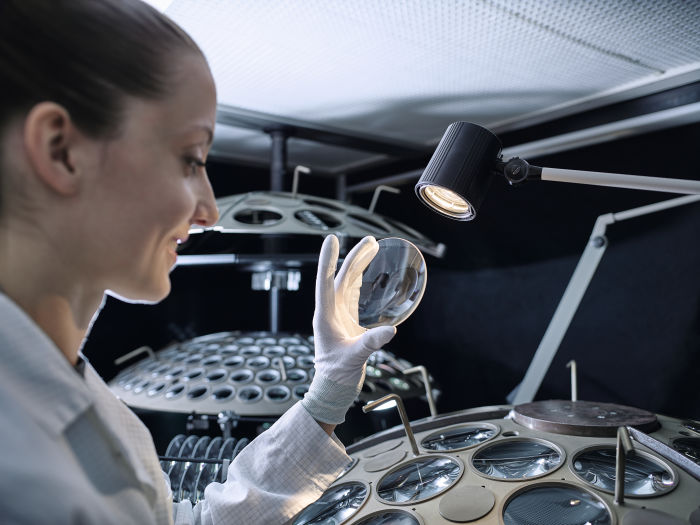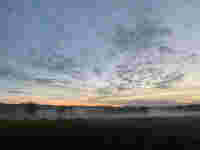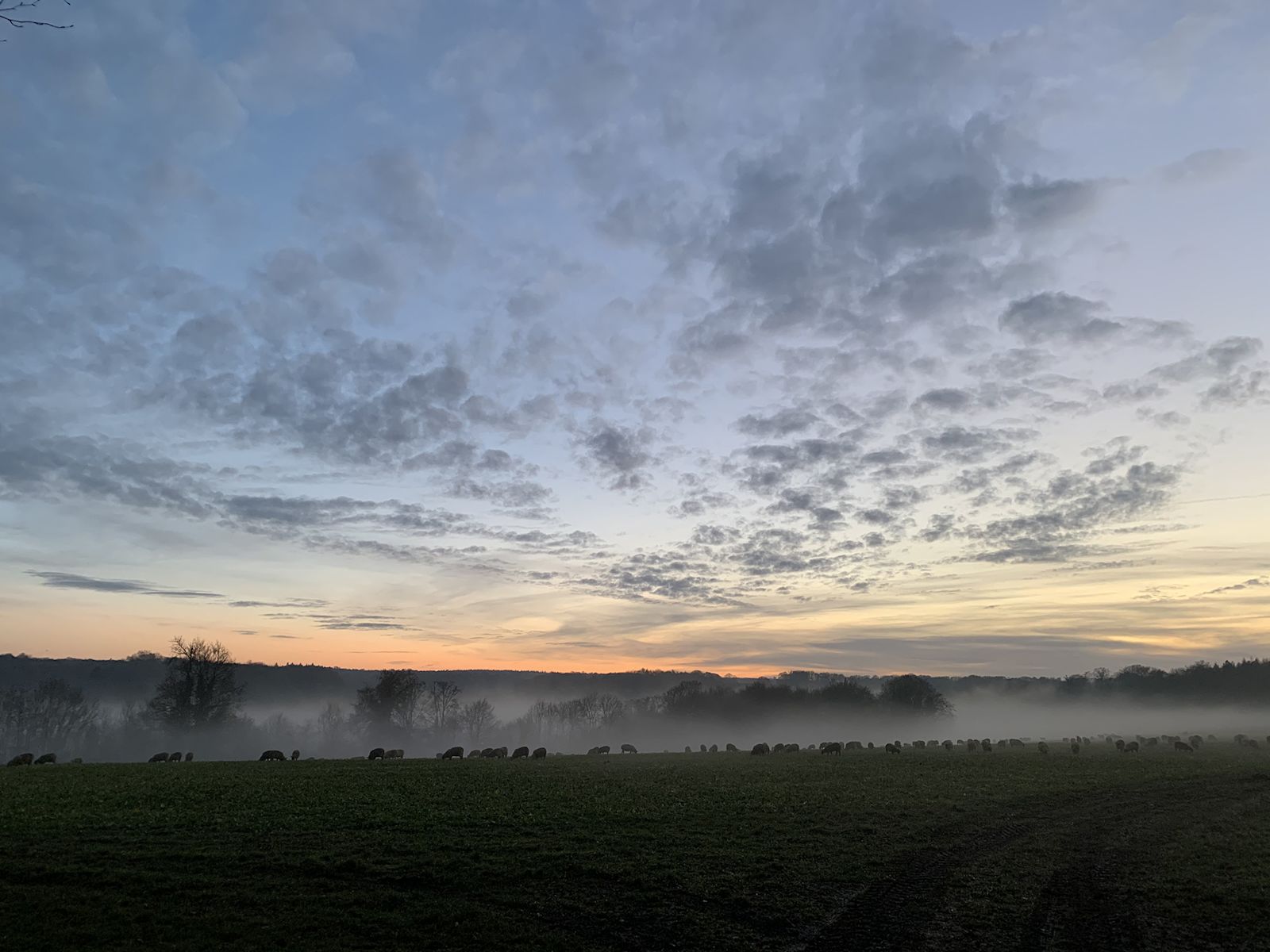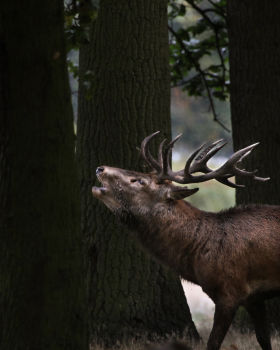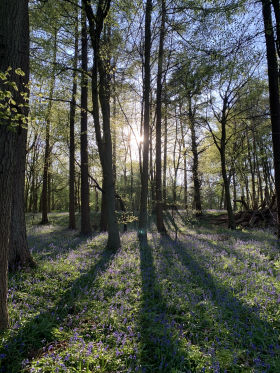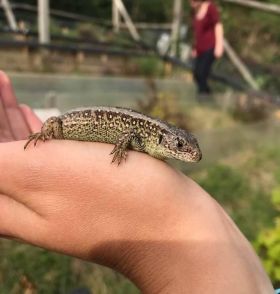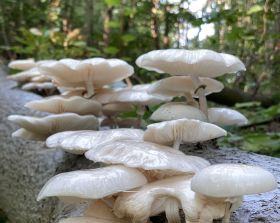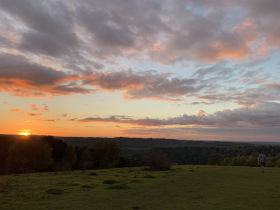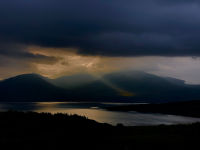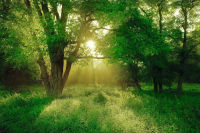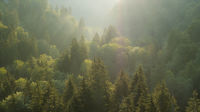When people think of wildlife, the mind automatically jumps to those exotic species on our wish list. Maybe the first animal you think of is an elephant bathing itself in red dust, or a humpback whale spraying an arch of water into the air during its breach. It’s not often that we stop to consider the wildlife in our back garden and yet, that’s exactly what we were compelled to do during the global pandemic.
Living in a world full of restrictions, we suddenly found ourselves without the luxury of international travel, and without the freedom to explore the wild places that called us. Thrown into a sense of limbo, many of us had the pause button firmly pressed on our lives but maybe the pandemic was the reset that we needed. Confined to our homes, more people grasped just how important nature is for our mental health and wellbeing. The pandemic gave us the perfect opportunity to re-assess and redefine our relationship with nature and for a lot of us, that started with exploring pockets of wilderness closer to home and re-connecting with our native wildlife.
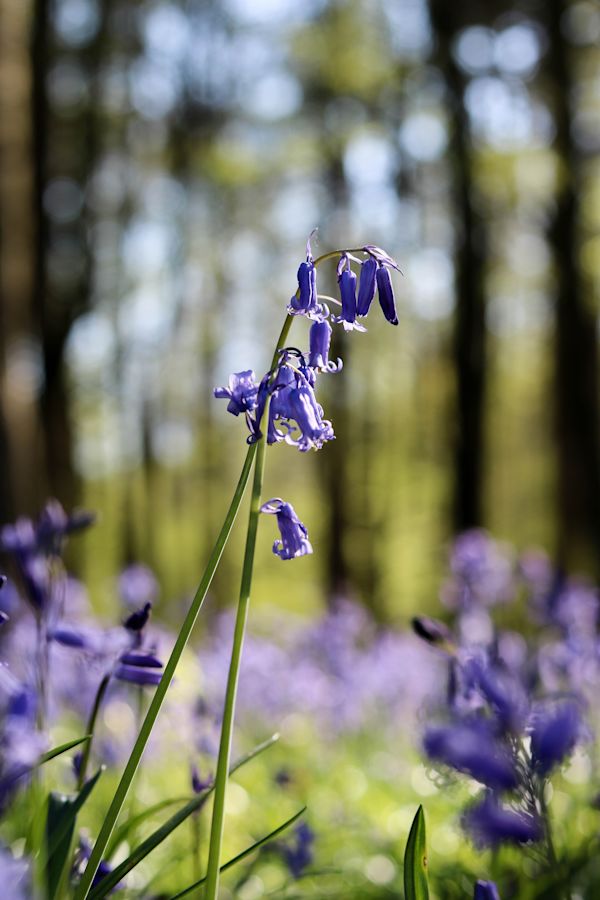
re-connect with
nature
Now more than ever, it’s important for us to re-connect with nature. Of the Earth’s 4.5-billion-year history, we humans have only been around for approximately 200,000 years and in this short space of time, we’ve had a greater impact on the planet than any other species. Here in the UK, we have utterly and thoroughly devastated our wild areas and consequently, watched the animals that call those places home disappear. We are now one of the most nature depleted countries in the world and quite frankly, it’s shocking that we haven’t done more to recover and restore our countryside.
The pandemic gave us a reason to stop and re-imagine our connection with nature, and I embraced it whole-heartedly, exploring my home county with vigour and enthusiasm.
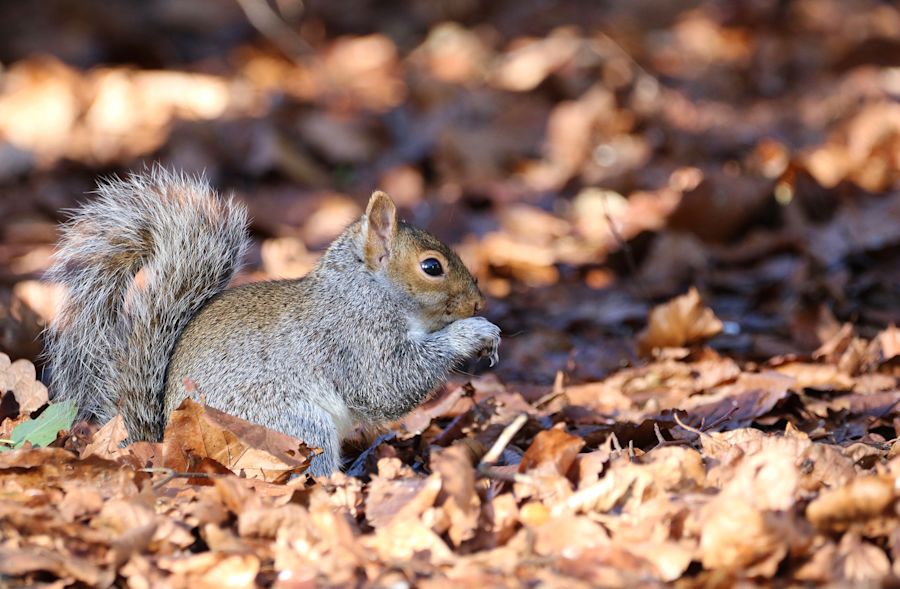
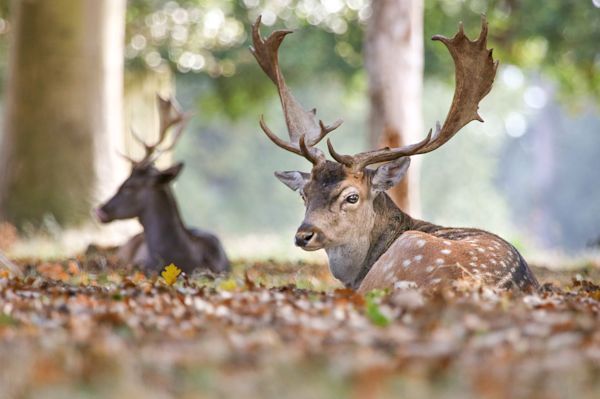
I stumbled upon numerous species of wildlife including barn owls, all seven reptile species present in the UK, red deer, fallow deer, newts, ground-nesting birds, badgers, grey squirrels, urban foxes, hedgehogs and more. I also had the time to explore far-flung areas on the UK, like the Isle of Mull, a place that I may never have found the time to visit.
I think this momentary pause, this turning point, has given me a fresh boost of optimism. Since there was no international travel possible in the last year, I am longing for those days to get back out there in the world and show people just how amazing it is. I believe that travel will become more purposeful, more meaningful, and ...
We must speak up and use our voices to create change. After all, don’t we have a moral responsibility to protect the planet that we call home?
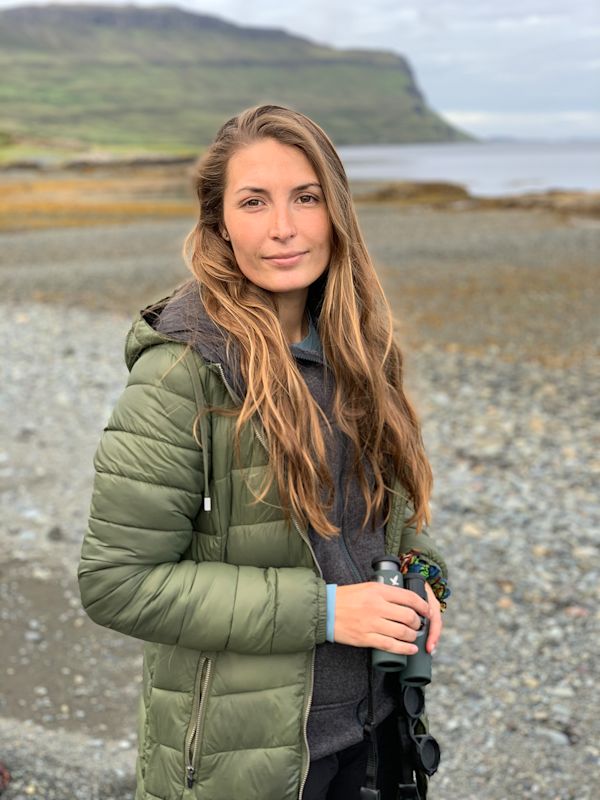
About
Lara:
Lara is a conservation biologist and award-winning wildlife photographer whose research has taken her around the world. Whilst she specialises in black rhino feeding ecology, she has also been fortunate enough to study dolphins off the coast of East Africa and mouse lemurs in Madagacar's dry forests.
She strongly believes that raising awareness and increasing engagement is the key to successful conservation efforts. Lara is determined to use her camera as a voice for the voiceless and continue telling the stories of those who work tirelessly to conserve some of the most endangered species on the planet.
The young British biologist is part of our Nature Explorers team and gets closer to nature with her CL Companion.
To see more of Lara's work and to hear conservation tales from around the world, visit her instagram account.
Volete osservare la meravigliosa fauna selvatica e immergervi nella natura?
Non dovete poi andare troppo lontani. Le più belle scoperte si fanno spesso proprio dietro l'angolo. Abbiamo chiesto al nostro team di Nature Explorers di raccontarci le più belle esperienze che hanno vissuto vicino a casa.
Chissà, forse anche tu scoprirai una natura inaspettata e stupefacente proprio dietro casa o nella tua prossima avventura all'aria aperta!
